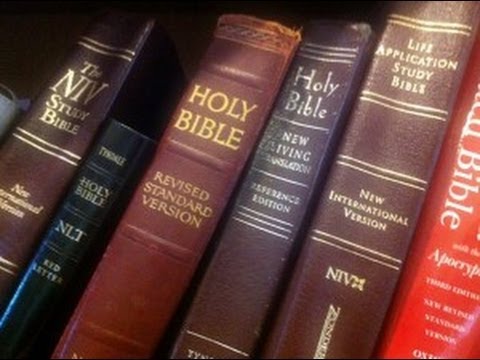Loving Jesus Through Doctrine
So often today we hear someone say, “We need to get away from all this doctrine stuff and just love Jesus.” In this statement many people mean we shouldn’t let secondary issues cause division between us. Jesus did say after all that men will know we are his disciples because we love one another, and all these little things interfere with that.
Well, that’s true for a lot of things. How were you baptized? Do you observe communion once a month or once a week? Do you call it the Lord’s Supper, Holy Communion, or the Eucharist? Do you use grape juice or real wine? Do you believe in the rapture, and if so are you pre-trib, mid-trib, or post-trib? Which version of the Bible do you use? Do you tithe on the gross or the net, or call it that at all? And the list goes on. Yes, we could do with a lot less tension in the church over these kinds of things.
But it’s impossible to get away from necessary doctrines with a call for loving Jesus. Think about that. If someone makes the statement above, we could reply, “Why?” Why should I love Jesus? You see, to answer that question requires the teachings, the doctrines we just said we should get away from. For example:
Why should I love Jesus? Because he’s a cool guy. And how do you know that? Well the Bible describes him as… Okay, but why should I believe the Bible? Because it’s God’s Word. And how do you know that?
You see to answer these questions I must invoke doctrine. The Bible is God’s Word is a doctrinal claim. Or how about this example:
Why should I love Jesus more than anyone else? Because he died for you. And why did He do that? Because we are sinners who need saving. What is sin, and what am I saved from? Sin is rebellion against God’s commands which leads to eternal separation from God.
The italicized statements are all doctrinal claims. If I attempt to answer why I should love Jesus I must invoke the very doctrines I am trying to avoid.
Now here’s another wrinkle. Our Lord said that loving Him required obeying his doctrine. “If you love me, you will keep my commandments. Whoever has my commandments and keeps them, he it is who loves me.” John 14:15,21 (ESV) Both words come from the same root in the Greek. In other words, Jesus’s teachings and commands are linked to doctrine. You can’t really have one without the other.
But the commandments involve doctrinal issues. For example, how do I love my enemy when my enemy is oppressing the neighbor I am also to love? What does it mean to leave my gift on the altar until I’m reconciled with the person I’ve offended? What does laying up my treasure in heaven look like when it comes to church giving? What does being always ready for Christ’s return convey? All these are commands that we are to obey, but which require doctrinal instruction to understand when we truly unpack them. Could that be why God gave us teachers?
Doctrine tells us how to obey and why. It should be obvious then, that the noble sounding sentiment, let’s get away from doctrine and just love Jesus, is a self-defeating aspiration.


